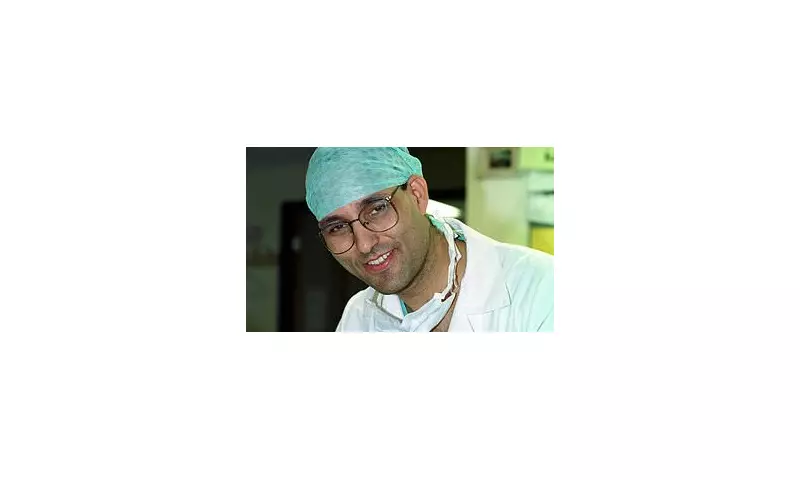
Staff at a Scottish health board could face criminal prosecution after admitting they destroyed dozens of crucial documents related to disgraced surgeon Sam Eljamel, despite being explicitly ordered to preserve them.
Document Destruction Defies Inquiry Order
NHS Tayside officials destroyed approximately 40 theatre logbooks that might have provided vital evidence about the practices of rogue neurosurgeon Sam Eljamel. The health board had received a formal 'do not destroy' order from the Eljamel Inquiry last year, but in a startling admission, confirmed the documents had been disposed of regardless.
Jamie Dawson KC, the inquiry's senior counsel, described the situation as "troubling" during hearings in Edinburgh. He emphasised that NHS Tayside had admitted to destroying potentially important theatre logbooks relating to Mr Eljamel's practice and warned of "potentially serious consequences" under the Inquiries Act 2005.
Legal Consequences and Inadequate Explanations
Under Section 35 of the Inquiries Act, individuals who intentionally suppress, conceal, alter or destroy relevant documents can face criminal sanctions. The inquiry heard that despite preservation notices being submitted in October 2024, the logbooks were destroyed in July this year.
NHS Tayside claimed it "deeply regrets this error" and stated staff were unaware of the connection between the logbooks and Eljamel. However, inquiry officials made clear this explanation would "not suffice" and demanded more detailed information. If satisfactory answers aren't provided, health board staff face being formally questioned under oath about the document destruction.
Eljamel's Legacy and Ongoing Investigation
Sam Eljamel served as head of neurosurgery at Dundee's Ninewells Hospital from 1995 until his suspension in 2013. During his tenure, he harmed dozens of patients, leaving some with life-changing injuries. The current inquiry is investigating both his actions and the health board's handling of related documents.
Mr Dawson told the hearing that NHS Tayside's suggestion that the information might exist in other medical records was problematic, as those records had previously been found to be "inaccurate and incomplete." He noted that patients would understandably approach such claims with scepticism given the admitted failure in document management.
Meanwhile, efforts to locate Eljamel himself have intensified. The disgraced surgeon fled Scotland for Libya, where he continues to work as a surgeon despite his history of botched operations in the UK. The inquiry has served notices seeking information about Eljamel's financial arrangements in Scotland, though officials acknowledge their powers are limited to Scottish jurisdiction.
The inquiry will resume at a later date as investigations continue into both the document destruction and Eljamel's current activities.






